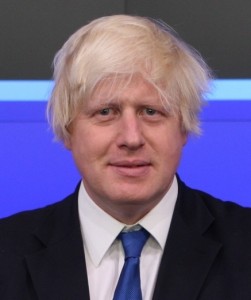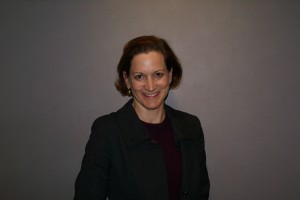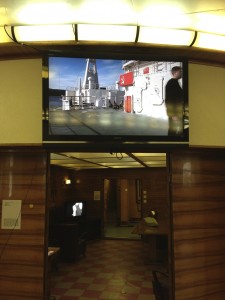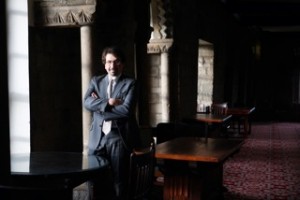
Nuclear talks with Iran, a Kosovo agreement or mediation in Egypt – the constantly under-rated figure of Catherine Ashton is now emerging to shape Europe’s international standing.
Calendar week 49: first, U.S. Secretary of State John Kerry passed by on his way to the Middle East. Then the Afghan and Turkish foreign ministers came in for a chat. King Abdullah of Jordan suddenly made an appearance, so a planned meeting with the prime ministers of Kosovo and Serbia had to be cut short. Then Iranian Foreign Minister Mohammed Jawad Zarif called; the negotiations about dismantling Iran’s nuclear program needed to get started.









